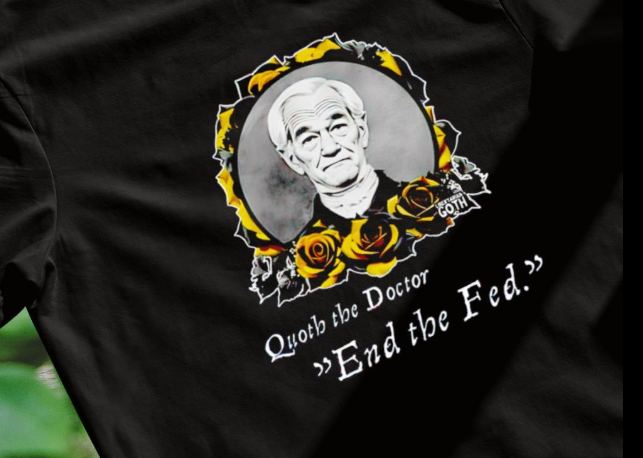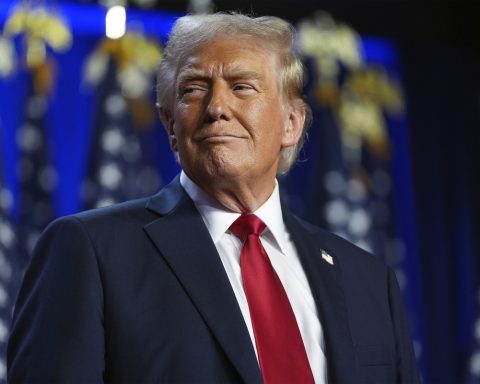US Treasury Secretary Janet Yellen’s recent assertion that massive financial assistance to Ukraine is the “single best” way to aid the global economy is raising eyebrows and sparking intense debate laughter. Speaking on the sidelines of the G20 finance ministers’ summit in India, Yellen’s reasoning seems puzzling to many and has left many taxpayers and economists alike questioning the logic behind this extraordinary claim.
Firstly, this strategy begs the question – why should American taxpayers fund international conflicts that seem to offer little direct return for the domestic economy? Isn’t the United States’ primary responsibility towards its citizens? With public infrastructure in dire need of repair, educational systems under-resourced, and the healthcare system facing consistent challenges, the opportunity cost of sending billions of dollars abroad seems, to many, an imprudent allocation of resources. To say the least.
Secondly, it’s curious that Yellen, a key figure in fiscal policy, is deeply entangled in the intricacies of geopolitical conflict resolution. While economic stability is indeed integral to global peace, the Treasury’s mission should focus on maintaining the health and robustness of the US economy, rather than serving as a surrogate Department of State.
As a backdrop to US-Ukrainian corruption by multi-millionaire politicians and oligarchs it makes a little more sense.

Moreover, the underlying assertion that aiding Ukraine in its conflict with Russia is the “single best” way to boost the global economy seems simplistic at best, and deeply misguided at worst. Economic recovery and growth depend on a complex array of factors, including trade policy, fiscal and monetary strategy, technological innovation, education, and infrastructure investment. To suggest that resolving a singular geopolitical conflict will magically unlock worldwide economic prosperity is to profoundly misunderstand the nuanced dynamics of global economics.
The rhetoric concerning Russia’s financial obligations to Ukraine raises further questions. Is it realistic to expect Moscow to willingly pay for the war damages and long-term reconstruction costs? More so, how would this transfer of funds from Russia to Ukraine tangibly benefit the American economy? The causal links in this chain of argument appear weak and the proposed benefits to the US are nebulous.
What’s more, the timing of this proposal, amidst escalating tensions with China, a major player in the global economy, and the unresolved trade war first addressed by President-elect Donald Trump, seems at odds with the prudent management of international economic relations. The task at hand, arguably, should be to seek boosting American manufacturing not to add fuel to the fire with contentious proposals of financial aid into an endless pit.
Certainly, humanitarian aid to conflict-ridden countries is a moral imperative, and its economic implications can be multifaceted. But the US does not even have a Southern border at this point. The argument that the US’s economic well-being is directly tied to its capacity to fund international conflicts is, at best, a contentious proposition that warrants robust scrutiny and debate – or just outright mockery.
In essence, Yellen’s proposition not only highlights the potential misalignment between US domestic needs and international interventions but also underscores the need for a careful reconsideration of the roles and responsibilities of central federal banking figures. Is it not time to reevaluate the extent of their influence over our involvement in proxy wars and question the direct benefits to the American people?












